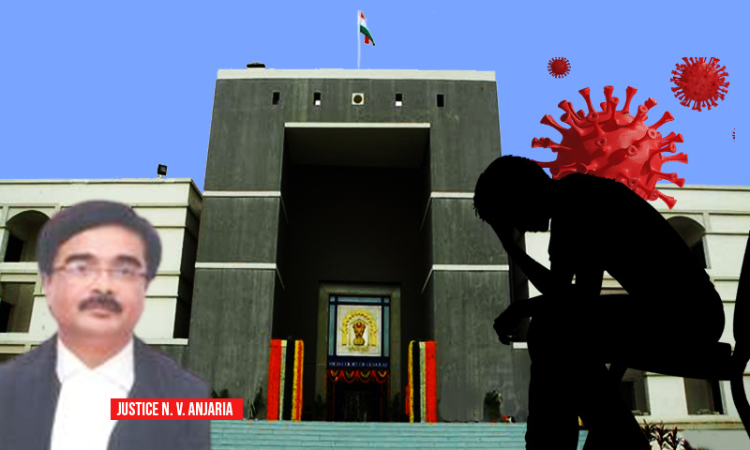Depression Can Be Classified As 'Serious Illness' In COVID's Context: Gujarat High Court
Sparsh Upadhyay
3 Sept 2021 12:08 PM IST

Next Story
3 Sept 2021 12:08 PM IST
Depression can be classified as a serious illness, especially in the context of the COVID, observed the Gujarat High Court on Tuesday as it set aside the order and decision of a government college to cancel the registration and admission of a student as he failed to appear for the examination due to depression and suicidal thoughts. The Bench of Justice N. V. Anjaria...
